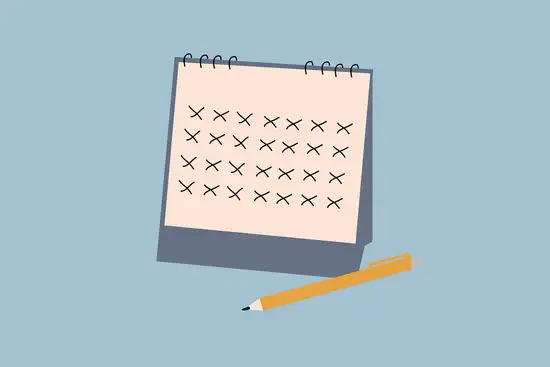How money worries can cost you sleep
Is your financial situation causing you to feel stressed and anxious? Is that anxiety and stress impacting upon your sleep? You’re not alone. There’s a strong link between mental health problems — such as anxiety and stress — and poor sleep.
Poor sleep is known to raise the levels of stress hormones in your body. You wake up stressed, go to bed stressed and so sleep poorly and then wake up stressed again: it’s a vicious cycle.
They say money makes the world go round but money worries can often turn your world upside down. In fact, few things are quite so stressful as failing finances. So if you’re struggling to manage your money then it’s quite likely you’re feeling stressed.
Concerns over personal finances have been reported to lead to shorter sleep1 and this problem has become increasingly prevalent during the COVID-19 pandemic. 2
The true price of stress
People who suffer from chronic stress have been shown to sleep less, have poorer sleep quality and find it harder to function well during the day.
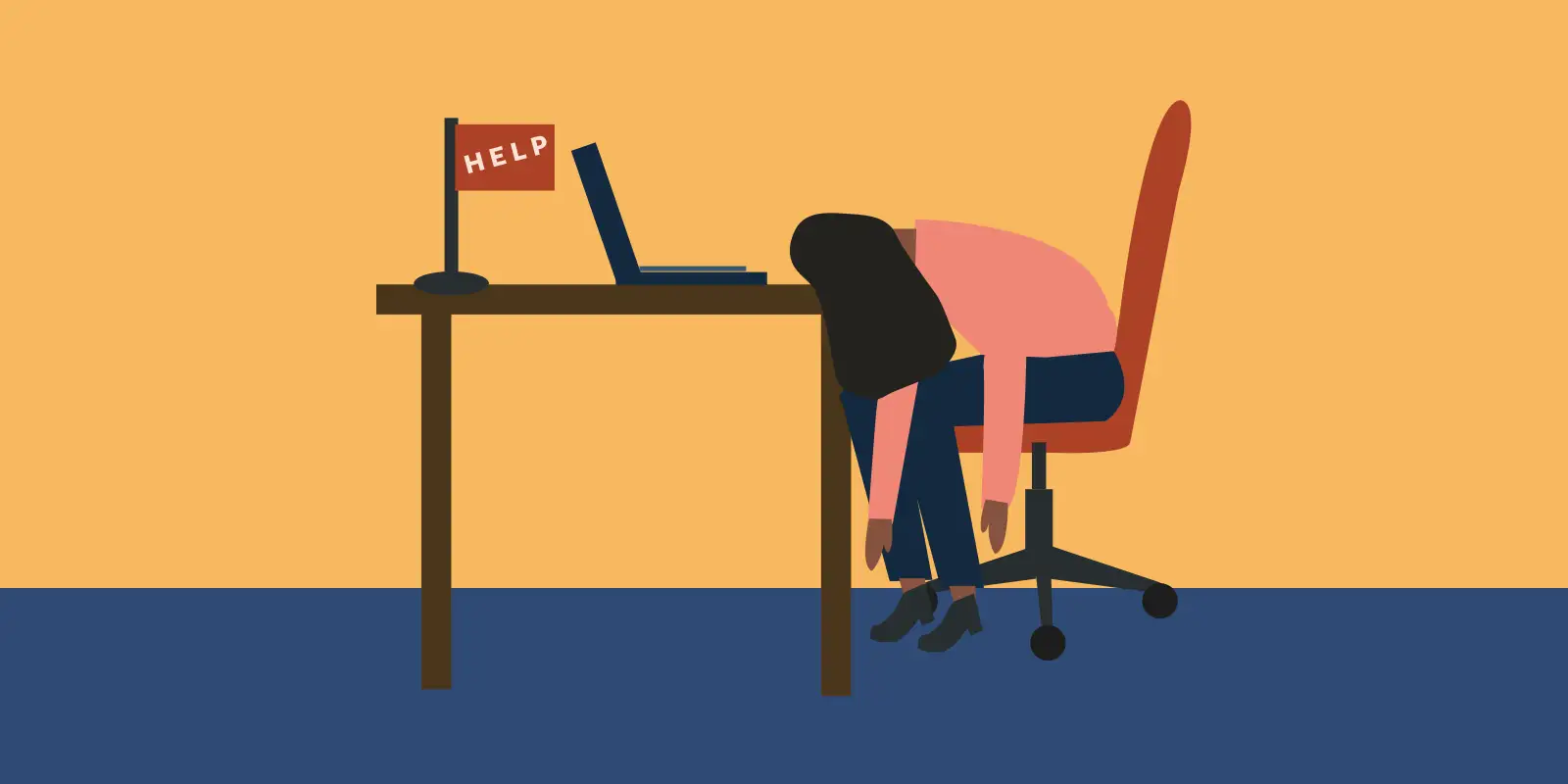
Stress puts your body into a state of arousal and high alert and makes winding down and getting good sleep very difficult. Conversely, good sleep is one of the most effective ways of dealing with stress.
Sleep well, work well, worry less
To function at your best at work — and to cope with the demands of your job — you rely on higher-order cognitive processes including:
- problem-solving
- decision making
- reasoning
- organising
- planning
- execution of plans.
These processes are associated with the brain’s prefrontal cortex but this part of the brain appears to be particularly sensitive to sleep deprivation.
As a result, poor sleep can leave you unable to cope with the demands of the workplace and you’re more prone to make errors. At best this will only increase your stress levels and at worst it could cost you your job.
Don’t gamble when it comes to good sleep
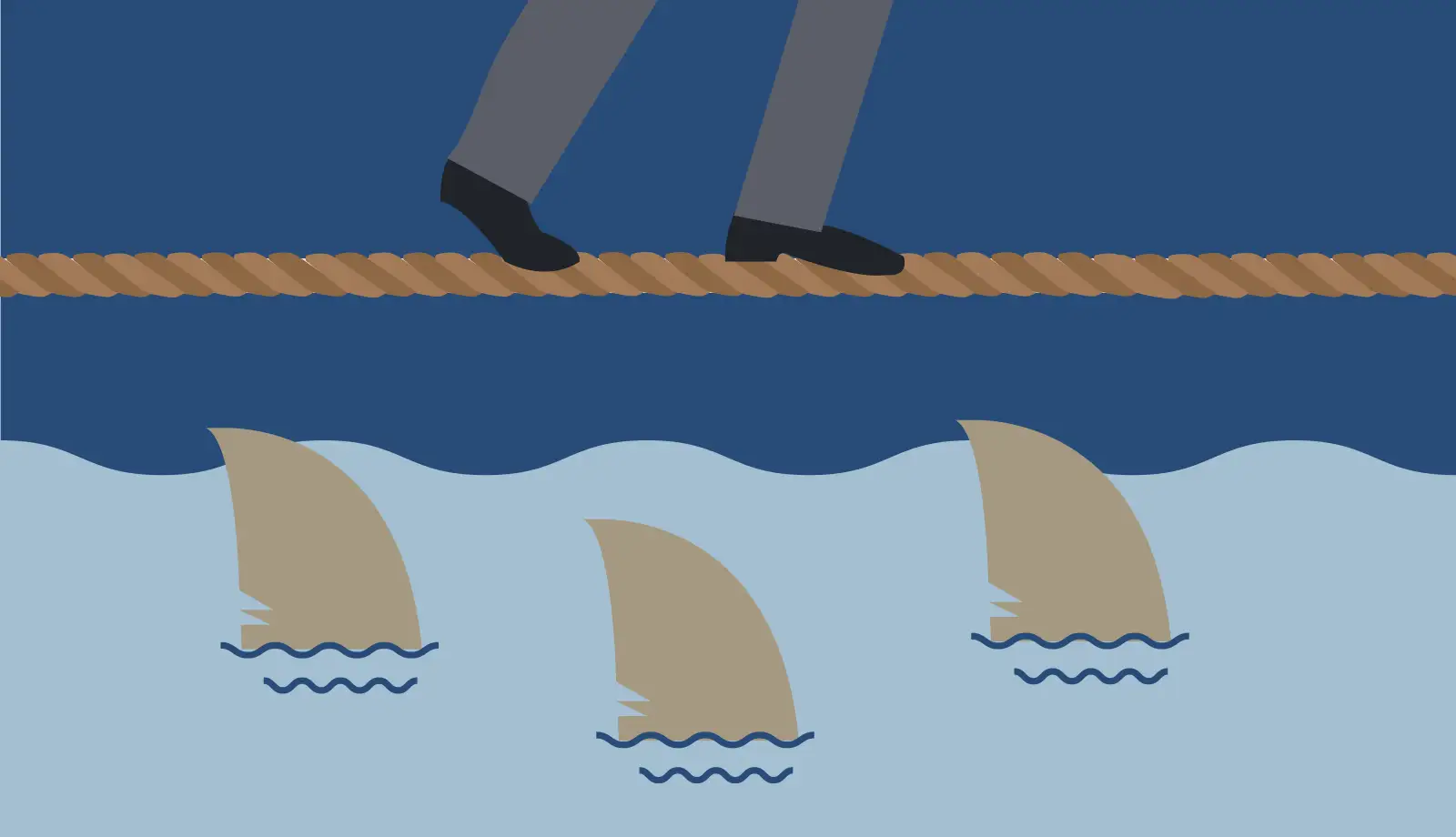
Another consequence of poor sleep is that it can lead to an increase in risky behaviours. You’re more likely to gamble or play the market and taking those risks can seriously affect your finances.
If you’re well-rested and less stressed then you’re more likely to think clearly and rationally. When it comes to your finances, good sleep is worth its weight in gold.
Invest in rest
To give sleep a chance, you need two things: a relaxed body and a quiet mind. A relaxed body is easy to achieve but it’s the calm mind that is an absolute prerequisite for good sleep. When you’re stressed, it can seem impossible to switch off from intrusive and stressful thoughts.
Problems that seem insignificant during the day can seem insurmountable if you wake in the night and your mind starts racing. The solution is to try and distract your mind. If you can’t get back to sleep, think about something interesting but, crucially, unimportant.
It must be something that will keep you away from your worries rather than lead you back to them. If you’re worried about money then don’t think about winning the lottery!
Buy into a relaxing routine
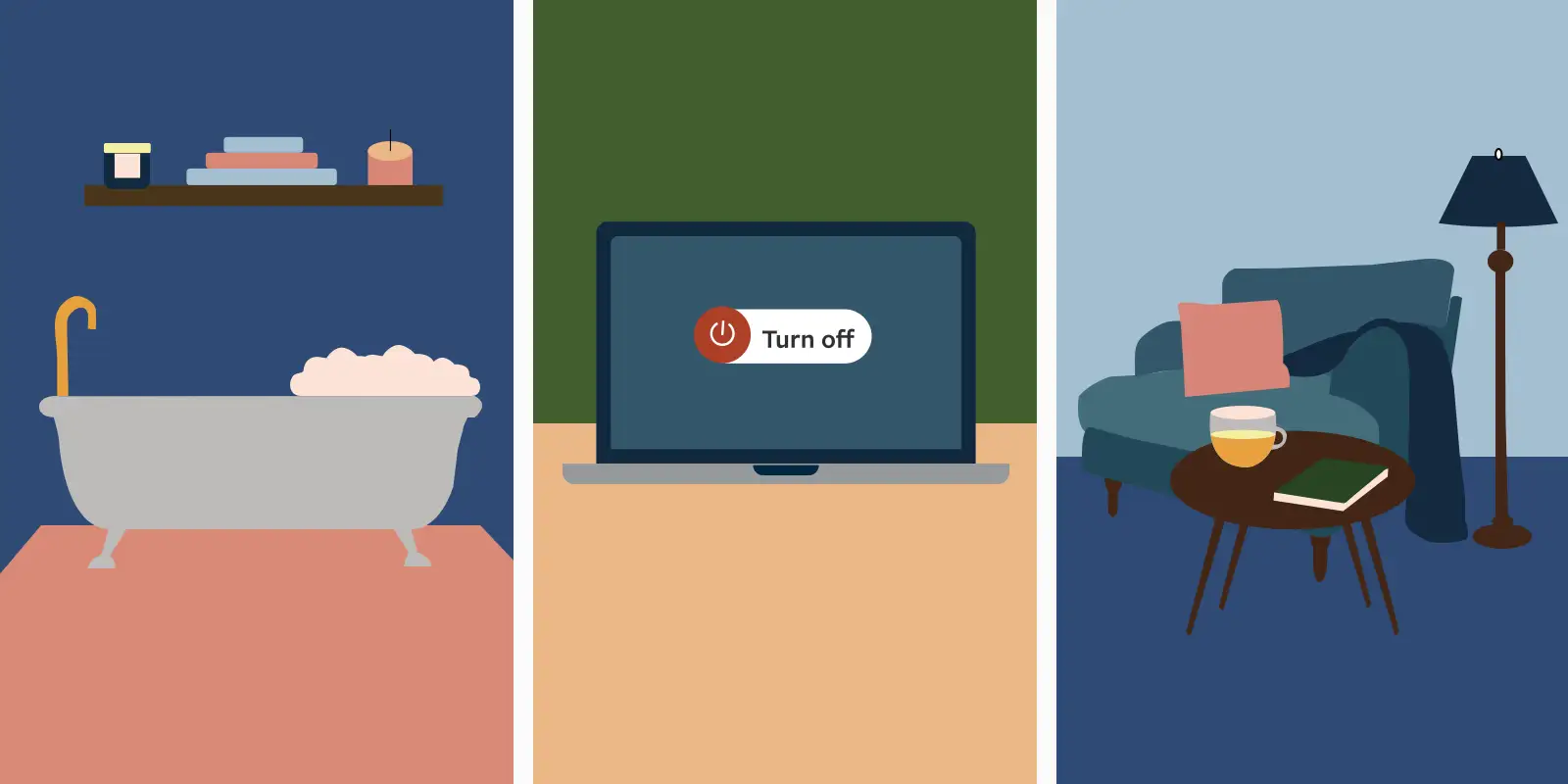
This is one of the most important things you can do. A regular, relaxing routine signals to your body that it’s time for sleep. It would help if you spent at least 30 minutes winding down. An effective wind-down routine might include:
- turning off the TV or laptop
- switching off from work
- making peace with your partner (never argue before bed)
- ignoring the gas bill (leave it until the morning)
- running a hot bath
- enjoying a glass of milk
- reading a book
- doing some yoga.
All that matters is that whatever you choose, ensure it’s enjoyable and makes you feel relaxed.
If money worries are your primary source of anxiety then keep the bills out of the bedroom, resist the temptation to open up the personal banking app on your phone and make a note of key financial tasks for the following day. Leave the money worries behind and enjoy a good night’s rest.
Stop trying to sleep at all costs
The harder you try to fall asleep, the less likely you are to do so. You’ll feel resentful and anxious because you aren’t sleeping and you’ll worry that you’ll feel bad the next day.
The solution? Get out of bed! If you’ve not fallen asleep within 30 minutes then get up and do something else. If you wake up in the night and find you can’t get back then get up, distract yourself (as above) or read a book until you start to feel sleepy. When you’re ready to sleep, it’ll come looking for you.
See your GP
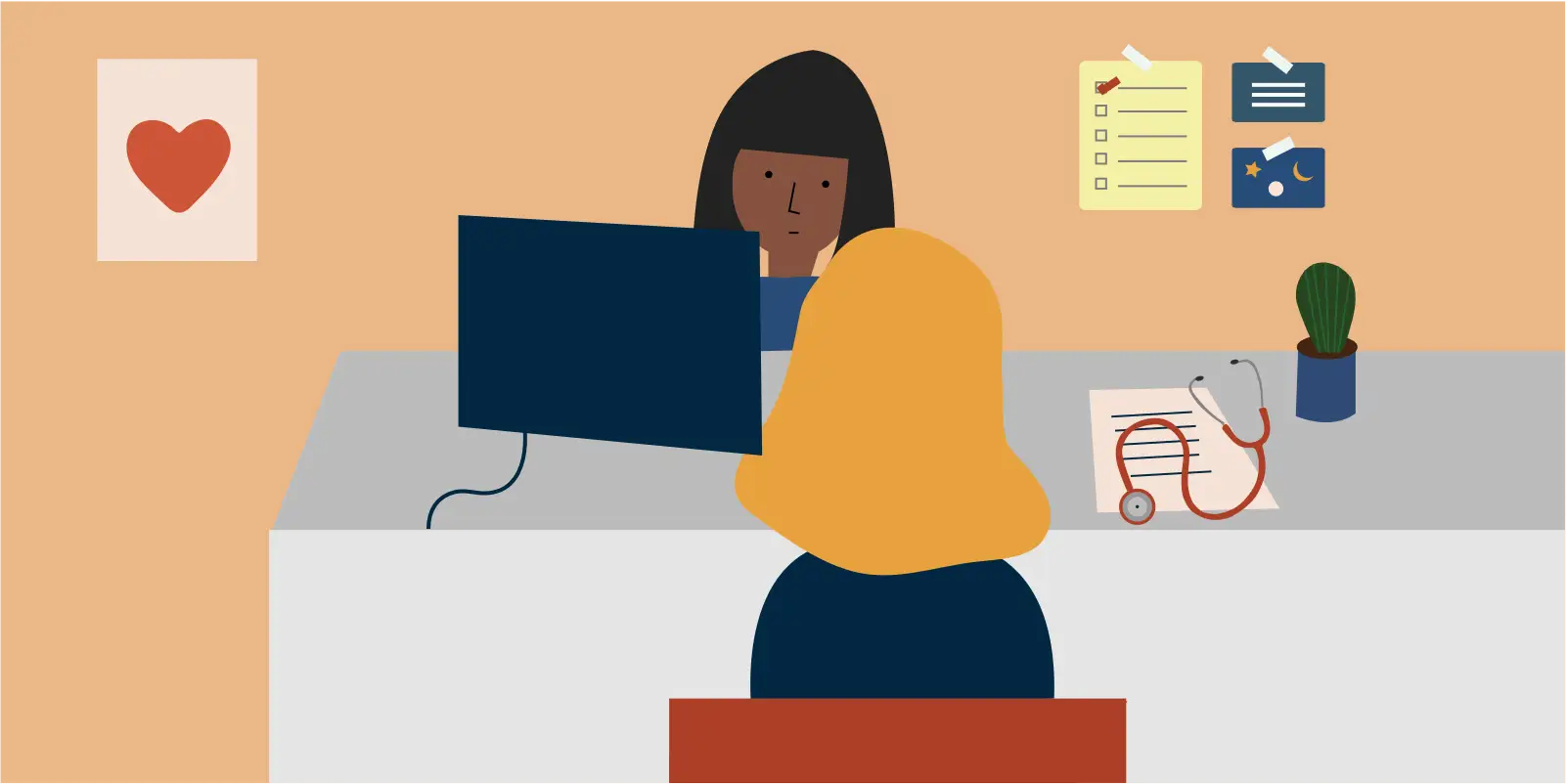
If you feel overwhelmed with stress and worry then talk to your GP as counselling can help. Sleepstation may be able to help you to improve your sleep.
Summary
- Money worries can lead to stress, and stress can lead to disrupted sleep.
- The global pandemic has led to a surge in concerns related to personal finance.
- A lack of sleep can lead to risky behaviours such as gambling.
- Settle on a relaxing routine before bed to boost your chances of better sleep.
- Put money worries to the back of your mind before bed.
- Talk to your GP if you become overwhelmed by stress.
References
- Hafner M, Stepanek M, Taylor J, Troxel WM, van Stolk C. Why sleep matters-the economic costs of insufficient sleep: A cross-country comparative analysis. Rand Health Q. 2017;6(4):11. ↩︎
- Falkingham J, Evandrou M, Qin M, Vlachantoni A. “Sleepless in Lockdown”: unpacking differences in sleep loss during the coronavirus pandemic in the UK [Internet]. bioRxiv. 2020. Available from: http://dx.doi.org/10.1101/2020.07.19.20157255 ↩︎

